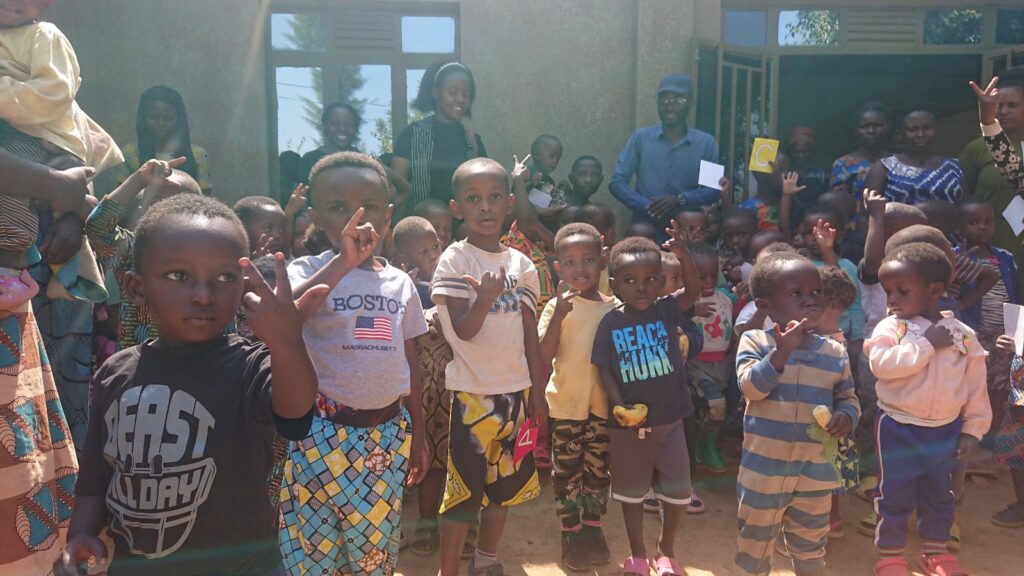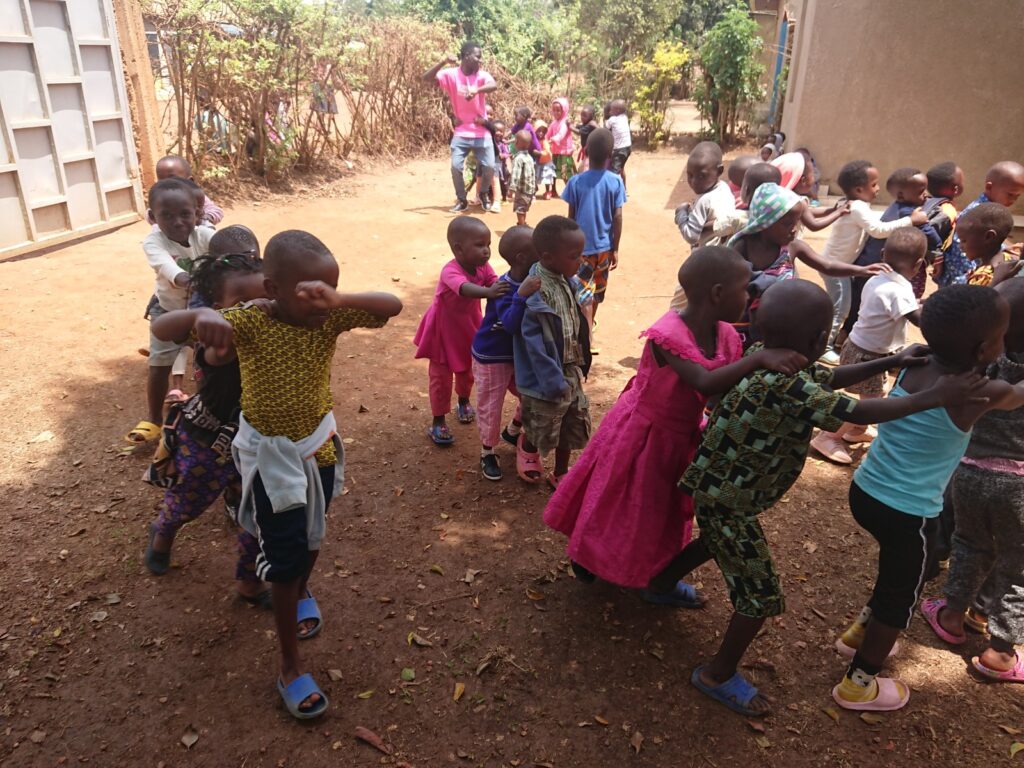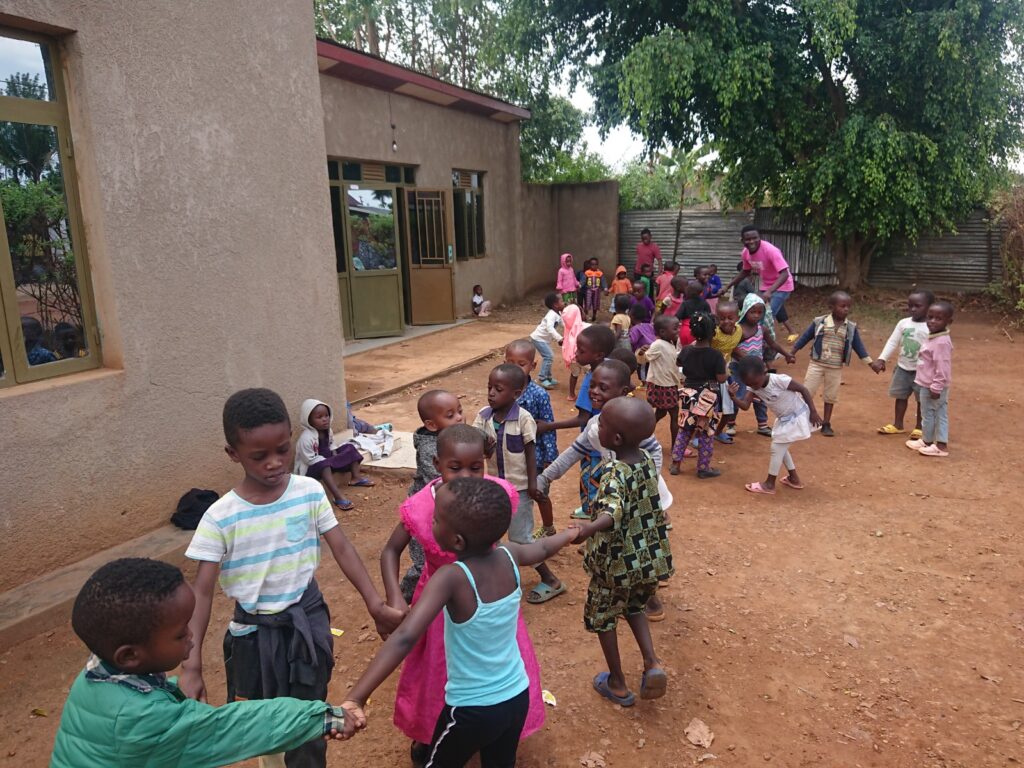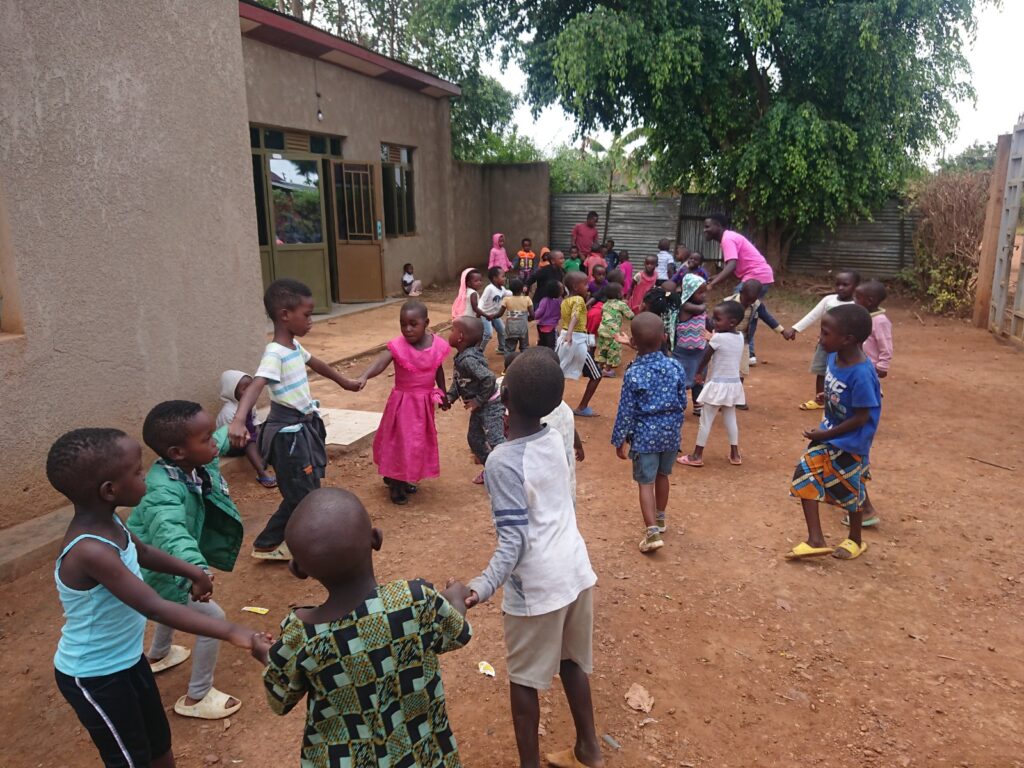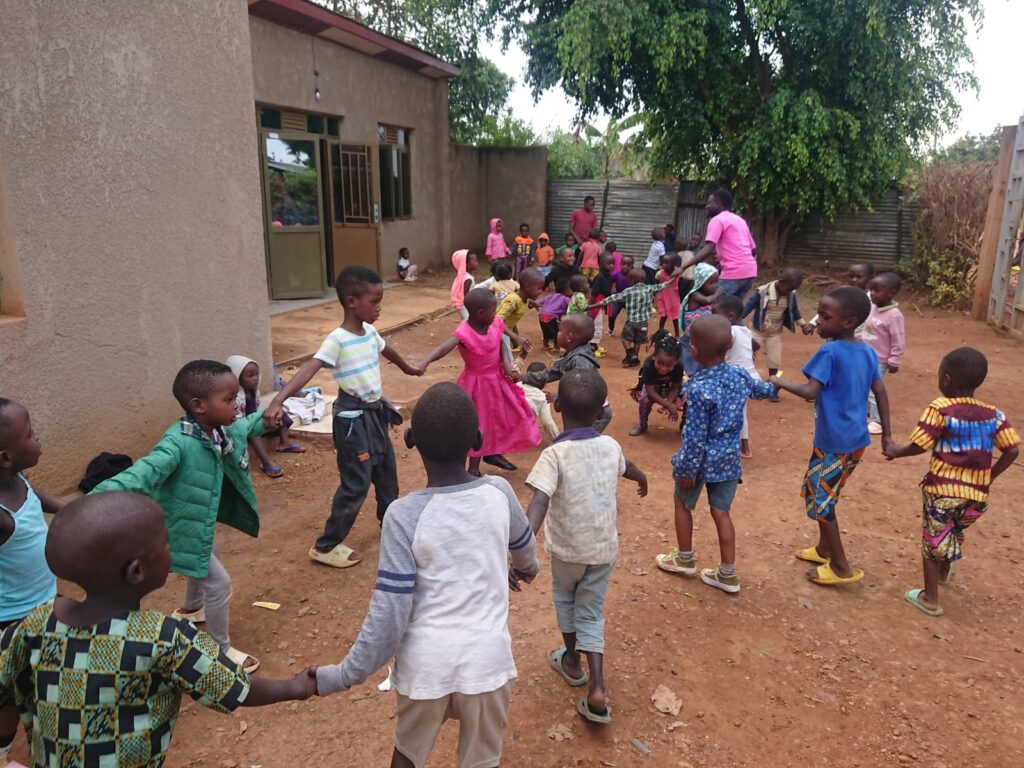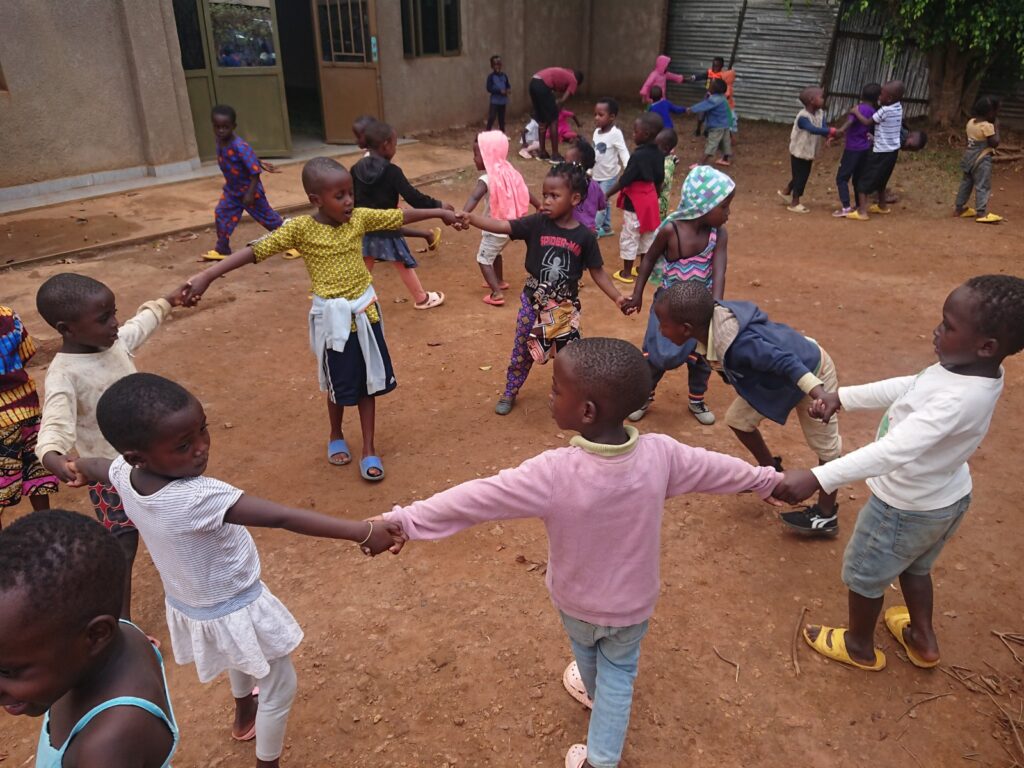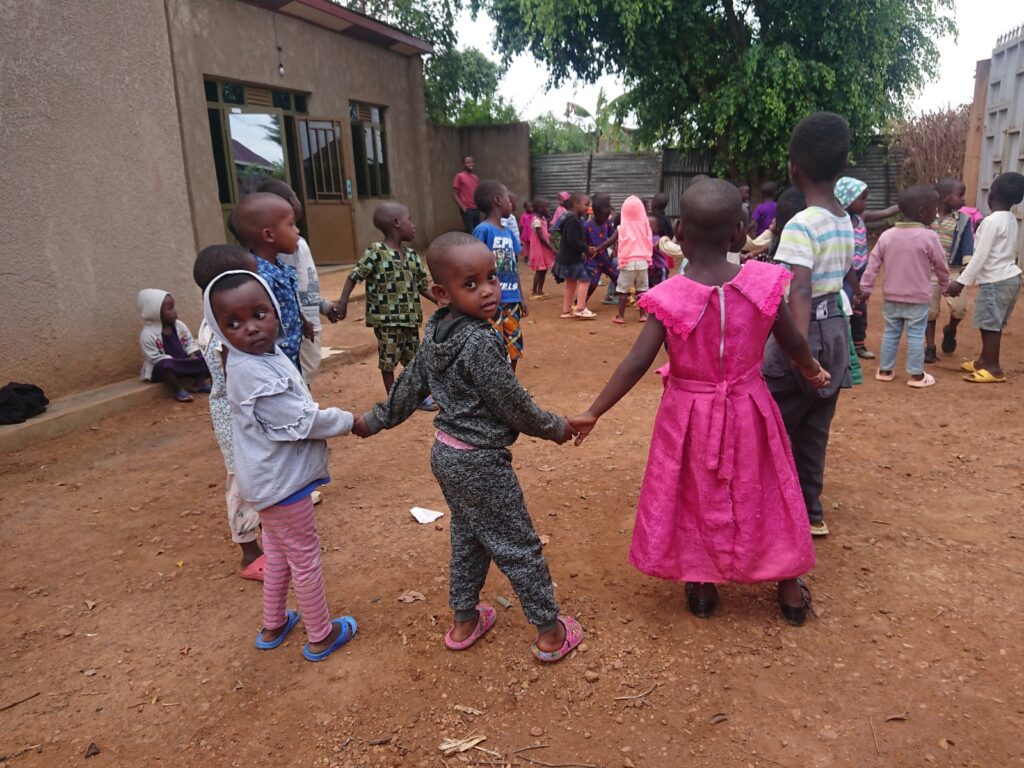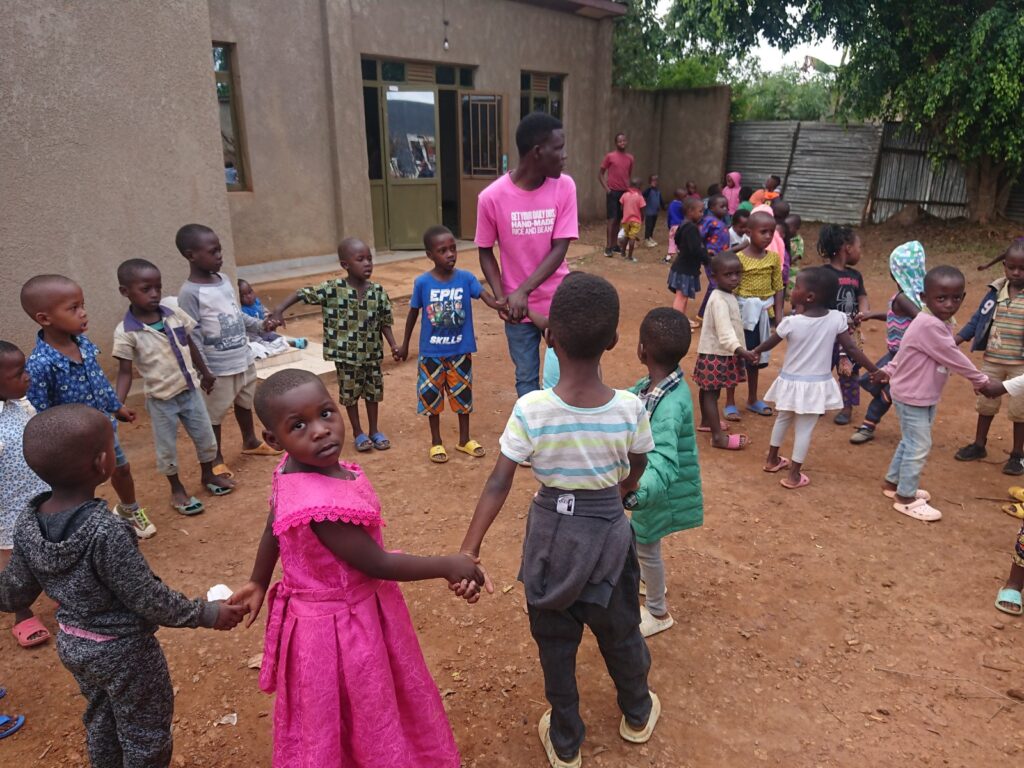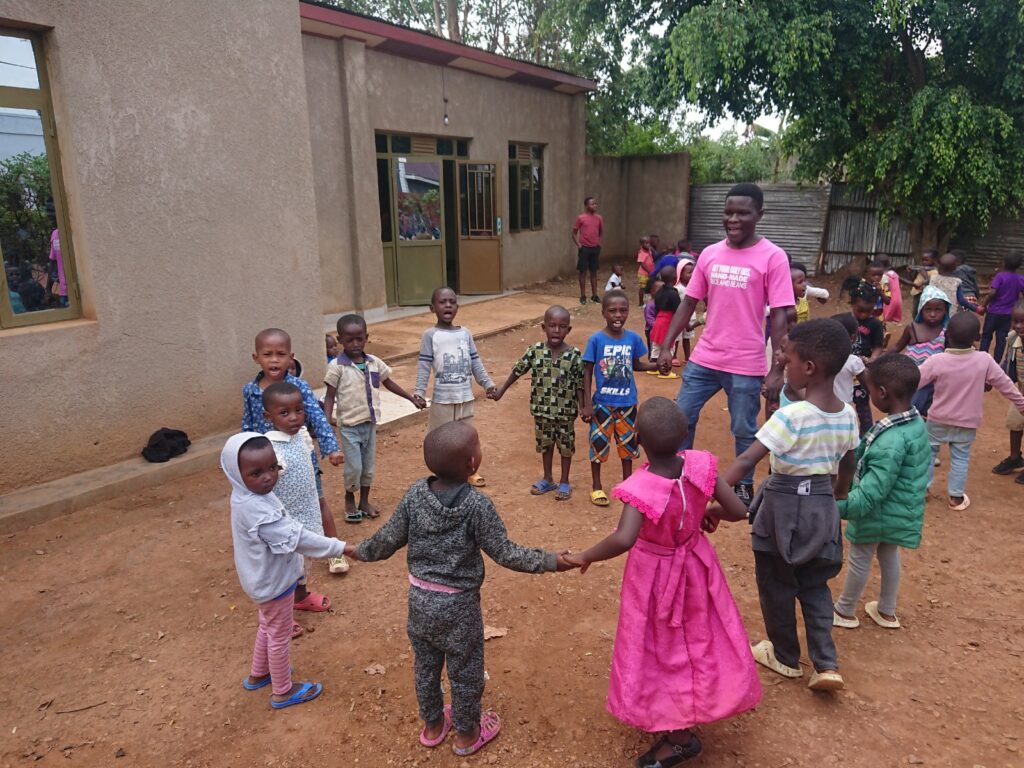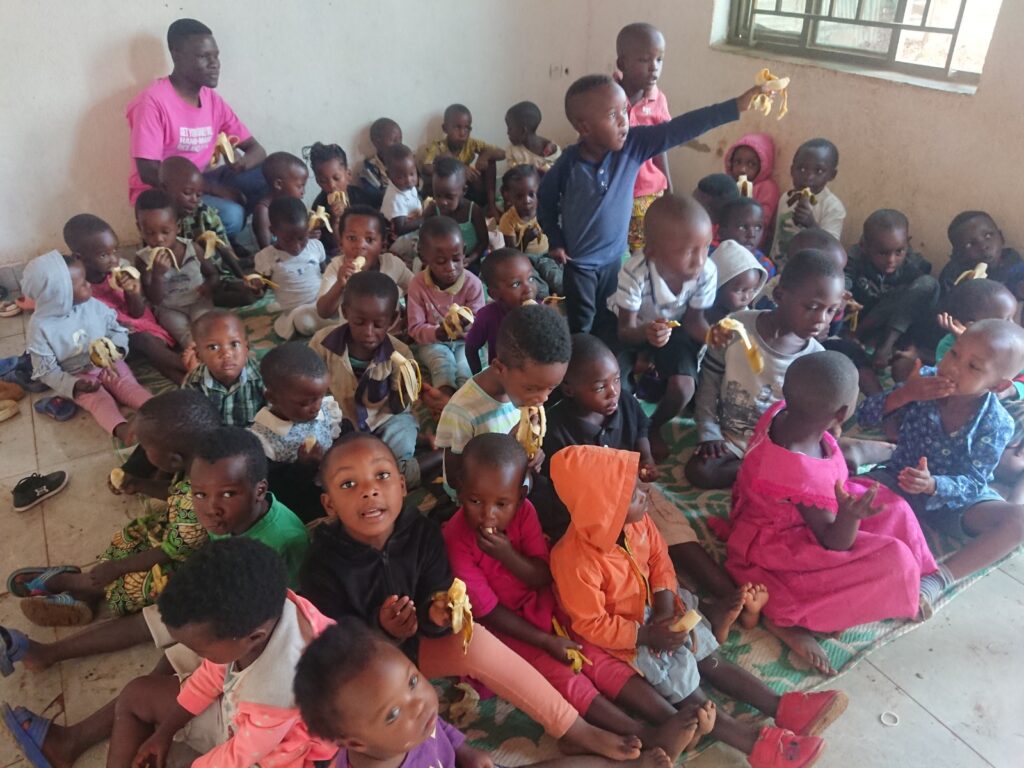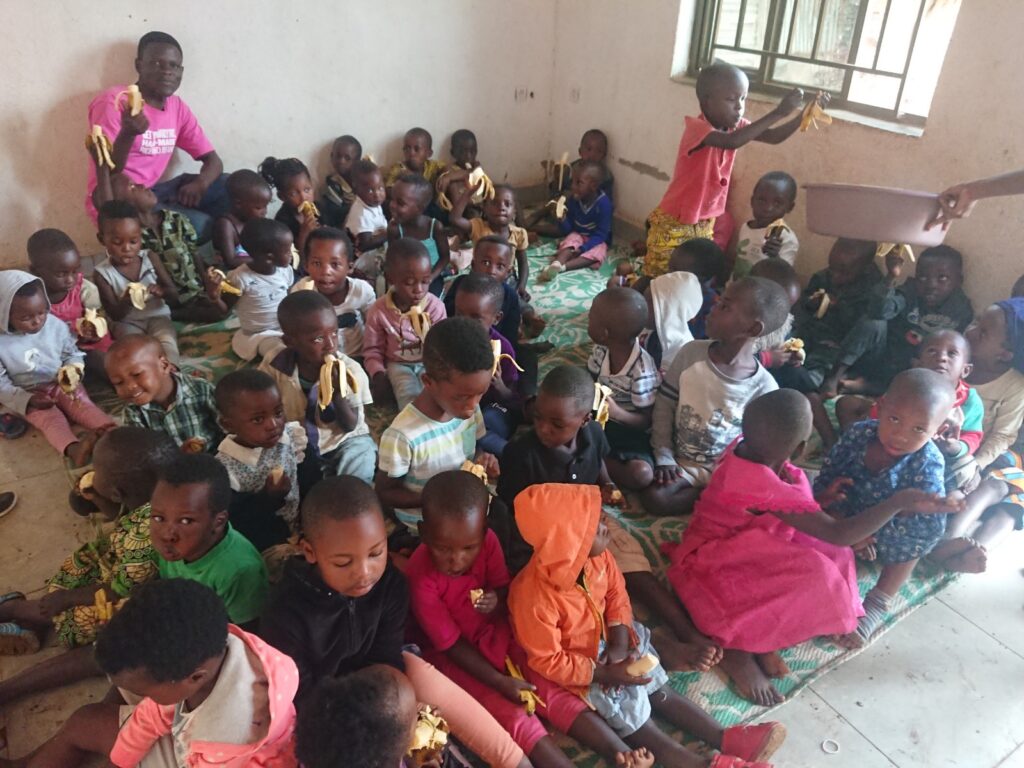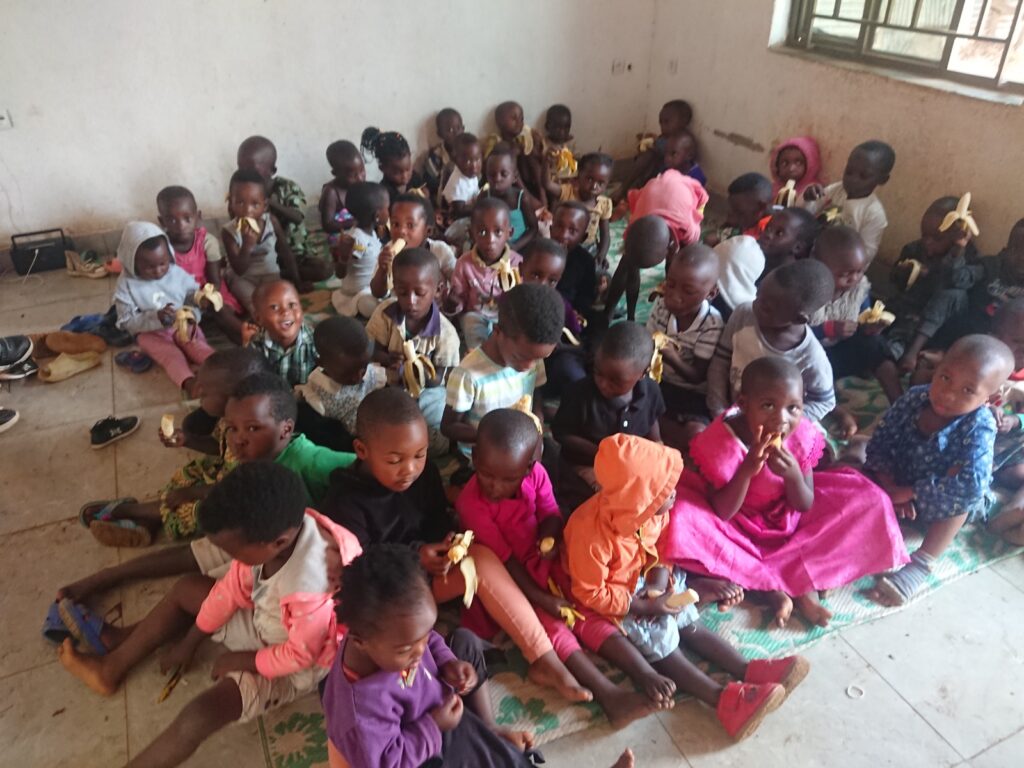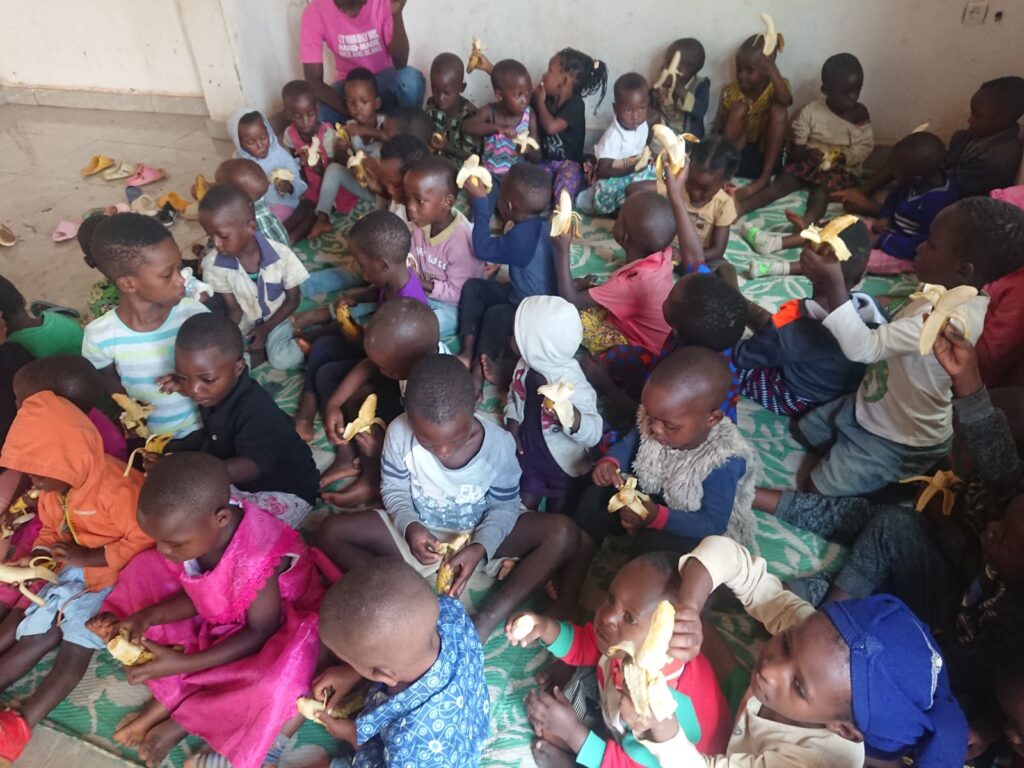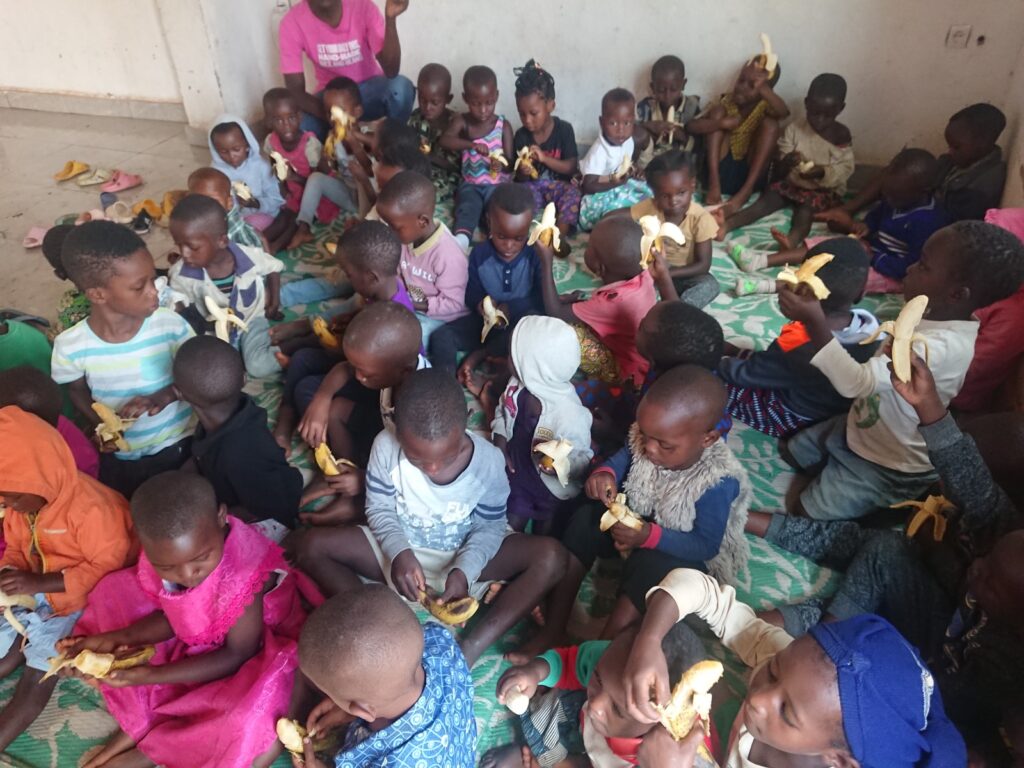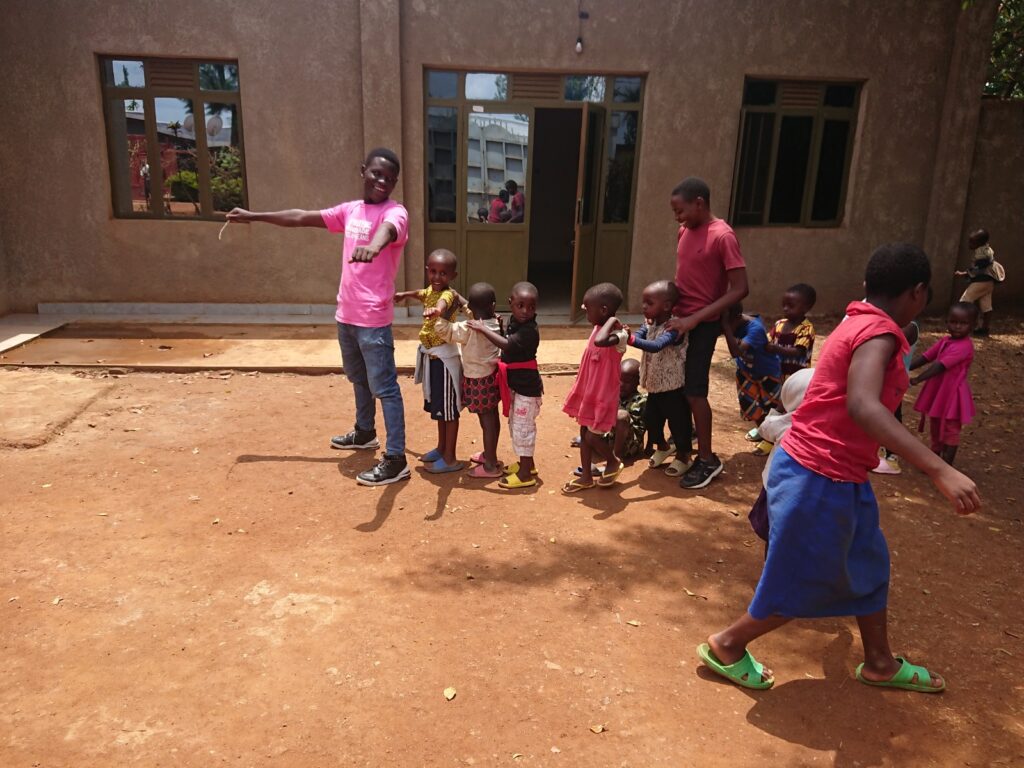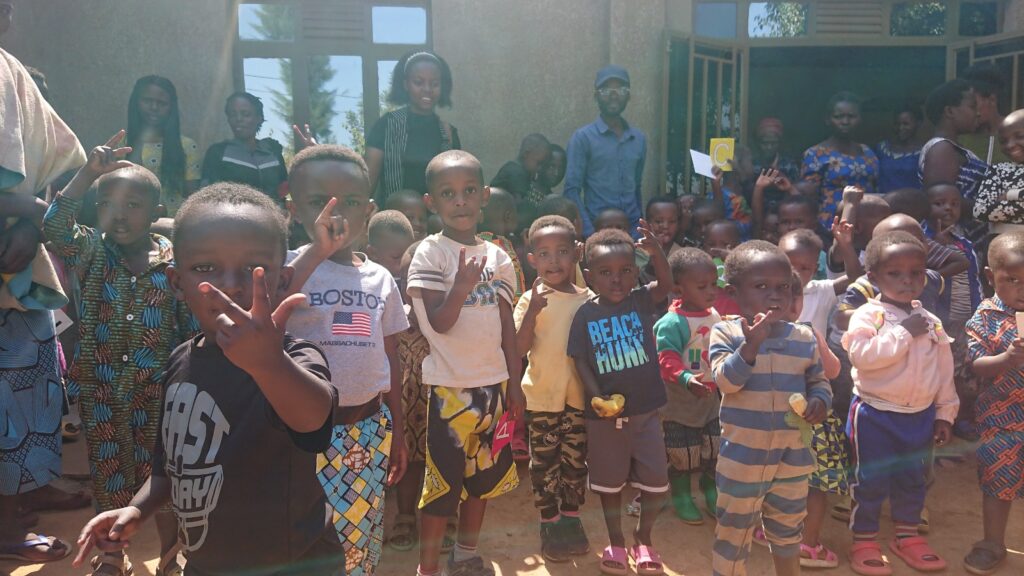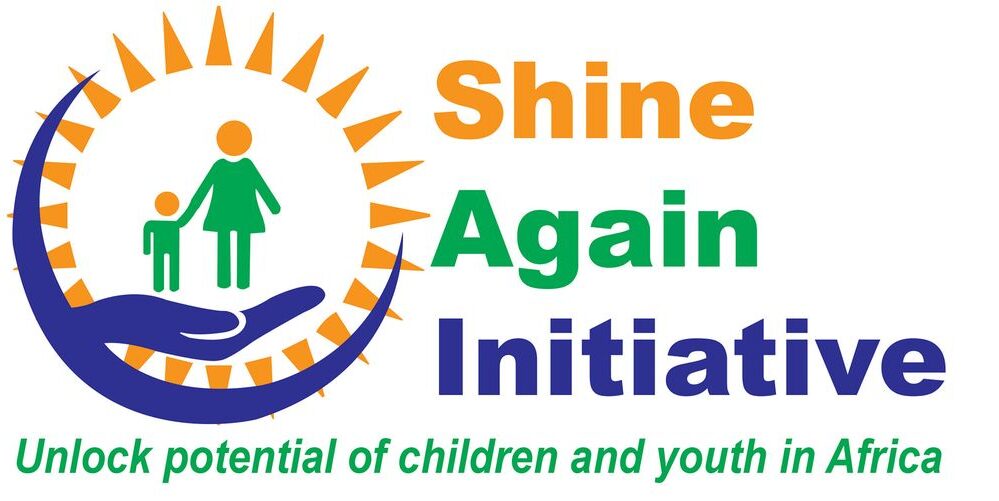Root cause
Poverty, conflicts and illiteracy within family that cause street children and school dropout issues, later school attending for children below 6 years old and fail to graduate for young people.
Purpose:
Shine Again Initiative is organized exclusively for charitable, educational, and community benefit purposes. The specific objectives and purposes of this organization include:
- To reach, support, and empower vulnerable children including children with school dropout issues and street connected children, young people and families.
- To contribute to ECDs Centers development through engaging community around.
- To improve life chances of families and unlock the potential of young people, especially girls and women.
- To promote education through training, with the goal of bringing positive outcomes to Africa.
- To challenge the obstacles that children and young people face and bridge the gaps in their lives to build a shining future for every child.
- Approaching community through traditional games for rehabilitation and peer to peer learning.
Programmes:
Kura Neza Child Programme:
Activities:
- Empower children and young people from vulnerable families through trainings:
Advocacy (children’s rights, responsibilities and abuse),
Application of games and creative activities,
Encourage children to read and write,
Bring back street children to school and family,
Prevent and reduce children with school dropout,
Encourage social interaction and remedial/ coaching. - Fund children’s education through providing needed school materials:
supply of school materials,
feeding and health insurance. - Improving ECDs Centers:
Connect ECDs Centers,
Provide trainings to care-givers and ECDs managers,
Post parenting training for ECDs Centers managers and parents around,
Care givers and parents,
Engage community around ECDs Centers in the development and services delivery.
Aguka Programme:
Activities: - Re-integrate children and parents for promoting peace within family:
Prepare parents to live with their children through activities that connect children and parents,
Share the situation of the family for every family member of the family and seek solutions together,
Gender equality and equity and life changes within families for family welfare. - Small groups of saving, counselling and goal setting:
Set and make families join groups for voluntary saving for the future development of the family,
Set a goal to achieve as entire family,
Start a small business activity that gives income day to day,
Start a long term project for a family. - Peer to peer learning:
Use of traditional games to rehabilitate both of children and parents,
Field study trips,
Share experience and skills,
Connect parents with other people, groups and organizations. - Project sustainability:
Establishing an educational center for trainings of Shine Again Initiative programs within next five years,
Connect ECDs Centers to learn from each other and Equip care givers through training.
Build a platform of families within a cooperative to help the to get monthly income for supporting children’s education for themselves and
Shine Again Initiative Theory of Change for ECDs:
What is the problem you are trying to solve?
• Insufficiency of ECDs closest villages,
• Lack of skills/trainings for caregivers and ECDs managers,
• Lack of approaches to involves community around ECDs,
• Lack of fund to invest in the development of ECDs and services for community engagement,
• High price of school fees that every parent should not afford,
• Insufficiency of teach aids to improve quality of education through games,
• Poverty and illiteracy, nutrition and sanitation,
• Not attending school, later school attending,
• Low-income among families in Gahanga that have disempowered them and diminished their social and economic development.
Who is your key audience?
• Local ECDs that are there to support and improve quality of education, promote inclusive education and track the community involvement to bring live changes,
• Children from vulnerable families with aged between 3 to 6 years old and their parents around Family Vision School and other partnering ECDs.
What is your entry point to reaching your audience?
• ECDs managers and caregivers,
• Families around ECDs,
• Local government collaboration (Sector Education Officers and Cells and Villages in charge of Education),
• Local meetings in cells and villages where Family Vision is located and other partnering ECDs,
• Inshuti z’umuryango (the volunteer helping children safe in Rwanda) and youth committee,
• Local organizations,
What activities are needed to bring about change?
• Need to build a platform of ECDs peer to peer learning collaboration and regular training provision,
• Plan for activities that involve parents/families around ECDs in ECDs services like training about post parenting, nitration, Sanitation and outreach/visits,
• Establish voluntary saving groups based on ECDs to track social economic transformation of parents around ECDs,
• Waste management by transforming them in teaching aids to reduce the cost of them,
• Develop best model/approach to bring quality of education from peer to peer learning of caregivers and ECDs managers,
• Workshops that connect ECDs, Organizations and local governments,
• Promote inclusive education through reducing school fees and improve life changes of vulnerable families in terms of economic transformation by providing seed fund to voluntary saving groups to be able to create small business activities,
• Collaborate with local NGOs and International Organizations to correct funds and get other means including: trainings, team capacity building,
• Providing monitoring and evaluation tools (surveys, reports and follow-up).
What is the measurable effect on your work?
• 95% of children between 3 to 6 in the villages around ECDs are attending,
• 95% of ECDs in Nyarugenge Sector will join the platform and bring change together,
• 100% parents connected to ECDs will be involved in the activities planned,
• Target of 90% of Families taking part in goal setting and household decision making,
• Target of 95% Identifying family problems and able to share learnings about solving problems within families or community,
• Target of 85% of Families that develop and implement projects that increase awareness and economic ways,
• Target of 95% of Parents take part in post parenting, sanitation and nitration to fight against stunting among young children,
• Parents attending and participate into gathering and peer to peer learning for voluntary saving group or other meeting in the planned time,
• Families (parent and children) take part in presenting progress and achievements.
What are the wider benefits of your work?
• Contribute to SDGs (Sustainable Development Goals) including:
- Good health and well-being,
- Zero hunger,
- No poverty,
- Quality education,
- Decent work and economic growth,
• Increase number of: - Children and young people empowered, educated and able to achieve their goal,
- Families equipped with post parenting and employment skills, and understand their roles in children’s education, behaviors and goal achieving,
- Families’ ability to solve problems into their families, spreading message in the other families around,
- Families practice into social economic change, sustainability, Capacity building, providing career guidance for career opportunities, increase income,
- Families’ ability to play role into prevention of school dropout and street connected issues and conflicts between parents,
- Families able to identify opportunities around and play role into sustainable change.
What is the long- term change you see as your goal?
• Children with access to the education, able to graduate and contribute to their community and the country in all aspects;
• Improved mindset and confidence of responsible parents;
• Increased self-confidence and self-advocacy skills amongst community, local leaders, organizations, children and parents;
• Improved standards of living and increasing self-reliance of families and their contribution to society.
